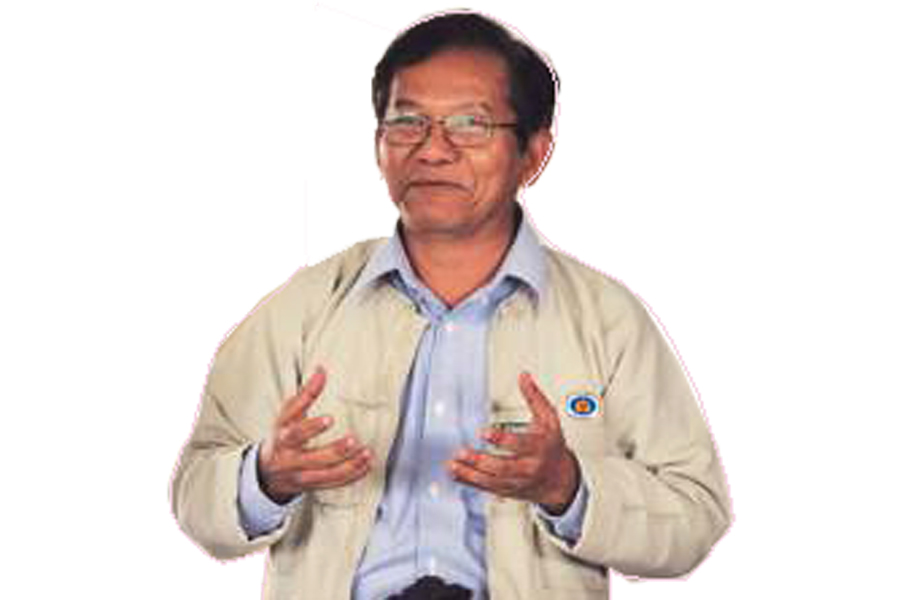The military’s latest state of emergency will expire ion 31 July, and it is preparing to convene the National Defence and Security Council meeting. Military Chief Senior General Min Aung Hlaing said that more actions are needed for security and stability across the country.
This interview with U Ye Tun (Hsipaw) is the steps of military council, allowing the meeting between Daw Aung San Suu Kyi and Thailand’s foreign affairs minister, and possible future political landscape of Myanmar.
TLT: What are the next possible steps of military council as its state of emergency is about to expire?
U Ye Tun: It is not possible to hold elections at present as people cannot cast votes peacefully across the country. In the past, elections could be held at the control areas of ethnic armed groups. They did not threaten the election. In 220 general elections, local armed groups guaranteed not to disturb the elections in Shan and Rakhine states. At present, security is not guaranteed even in Sagaing, Magway, Chin and Kayin. So the military needs to extend the state of emergency.
TLT: Can you guess why Myanmar military allowed Thai foreign minister for meeting with Daw Aung San Suu Kyi?
U Ye Tun: I think the military would have imagined the possible discussion of foreign minister with Daw Aung San Suu Kyi. And that they allowed it. If Thai foreign affairs minister would discuss his supports to armed struggle, the military would not allow the meeting.
TLT: Do you mean that the military council is preparing for dialogue?
U Ye Tun: Exactly. Without the consent of military, Thai foreign minister could not meet Daw Aung San Suu Kyi. The military council would be worried the issues of discussion, whether the guest would talk about current situation of revolution on the ground. I think that Thai foreign minister would have to make agreement on the topics for the meeting. The junta has realized they would not reach their goals through military actions. If the situations had improved over the past six months, the junta will not consider dialogue. Armed revolution has increased, and they seem to expect decrease in political pressure. If they could successfully agree with NLD to take part in the next elections, the military could hold elections without any disturbance despite certain degree of armed conflicts.
TLT: Do you think the military council’s election would realize?
U Ye Tun: I think the military’s election commission is monitoring political situations for their plan, in addition to registration of NLD party. The chairman of SAC said in Rakhine state that election could be held only if the country is stable. He (Min Aung Hlaing) will extend the state of emergency another six months. He will use armed powers against opposition groups. If they did not win in this trend, the military will negotiate with Daw Aung San Suu Kyi for registration of her party in the next elections. With changing political landscape, the military will try to hold elections with disturbances in the control areas of NUG and PDF, even though ceasefire is not achieved across the country. This is just imagination. The UEC is monitoring such political landscape.
TLT: What do you forecast in Myanmar’s political situation?
U Ye Tun: Losses will be great if all stakeholders could not enter into dialogue instead armed struggles for the total end. People have suffered severe decline in economy, education, healthcare sectors. All the administrative systems are in chaos without rule of law. So, it is expected that political dialogue will come out to end these problems.
Than Lwin Times


